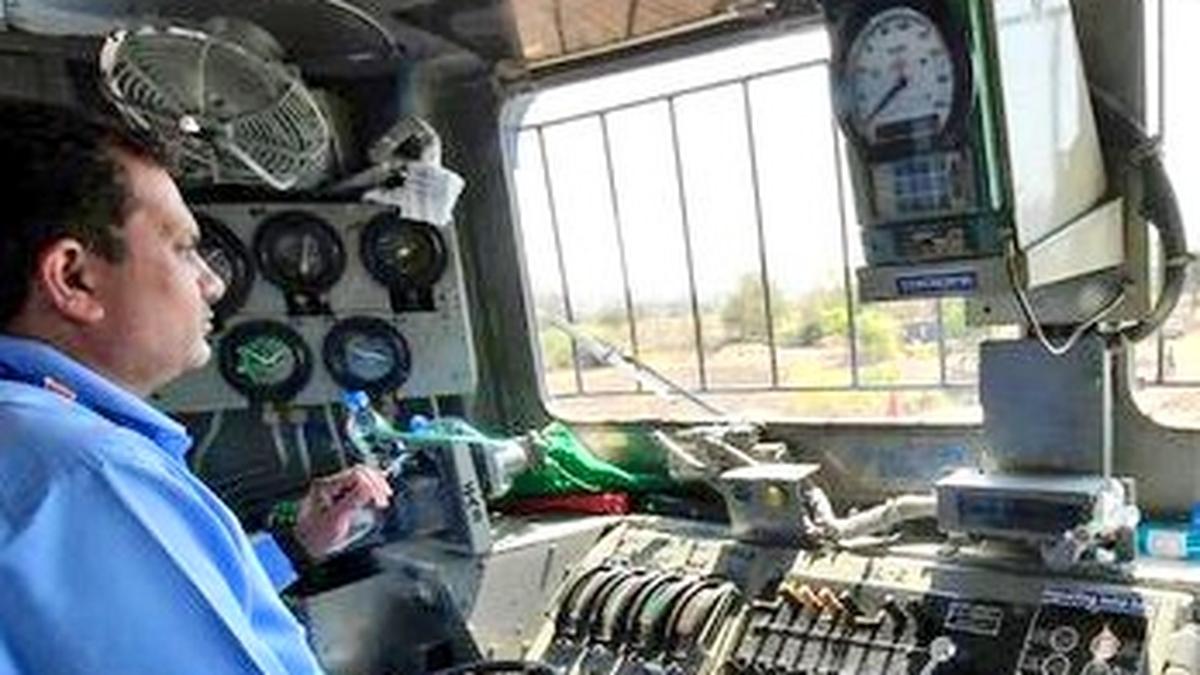
Slowed down roll-out of Kavach may be attributed to several reasons
The Hindu
Slow implementation of Kavach, an indigenous Train Collision Avoidance System, due to Railway Board's preference for expensive European system.
The slow roll-out across the Indian Railways of Kavach, the indigenously developed Train Collision Avoidance System (TCAS), was due to the Railway Board’s decision to opt for the expensive European Train Control System (ETCS), sources said. The COVID-19 pandemic put a brake on this move subsequently, senior officials in the Indian Railways, seeking anonymity, said.
They said the Kavach system, despite being extensively tested during trial runs under various conditions, including on automatic signalling routes, and having obtained the highest Safety Integrity Level (SIL)-4 in 2017-18 itself, was not allowed to be deployed quickly for reasons that were not explained. The original design team was side-lined after the decision to opt for ETCS, the sources said.
The Kavach Version 3.2 has so far been implemented in about 1,465 km of the South Central Railway, including the Wadi-Vikarabad-Sanatnagar and Vikarabad-Bidar sections, covering 133 stations, 29 level crossing gates, and 150 locomotives.
The latest Kavach Version 4 is currently under testing and deployment over 3,000 km in the Delhi-Mumbai and Delhi-Kolkata sections.
The system was conceived by the Indian Railways’ own Lucknow-based Research Design and Standards Organisation, after the Anil Kakodkar Committee of 2012 recommended an “advanced radio based signalling system similar to level ETCS ‘level 2’ for the entire trunk route length of 19,000 km within five years”.
The proposed new system was to provide safety and enhance existing line capacity, based on which it was decided ETCS-2 or equivalent was preferable. Kavach was originally cleared for field concept trials back in 2012, and field trials for the development of the “full-fledged SIL 4 compliant multi-vendor interoperable version” started in 2013 between the Tandur-Kurgunta section in Karnataka for 32 km. This was later followed by extended trials up to 265 km in Sulehalli in the Wadi-Vikarabad-Sanatnagar-Bidar section.
“Kavach demonstrated the suitability for automatic signalling in 2015 itself. The innovation of ‘M-communication technology’ triggered and advanced its deployment by a decade, providing the highest data security without waiting for the 4G radio system. However, the edge was lost as the project suffered setbacks on account of decision to opt for ETCS,” the sources claimed.

The Congress government including controversial farm legislations that had been brought in and later withdrawn by the BJP-led government at the Centre as the reference points for the Karnataka Agriculture Prices Commission (KAPC) has ruffled the feathers of farmers’ leaders and agricultural economists who had expressed their ideological support to the Congress.












